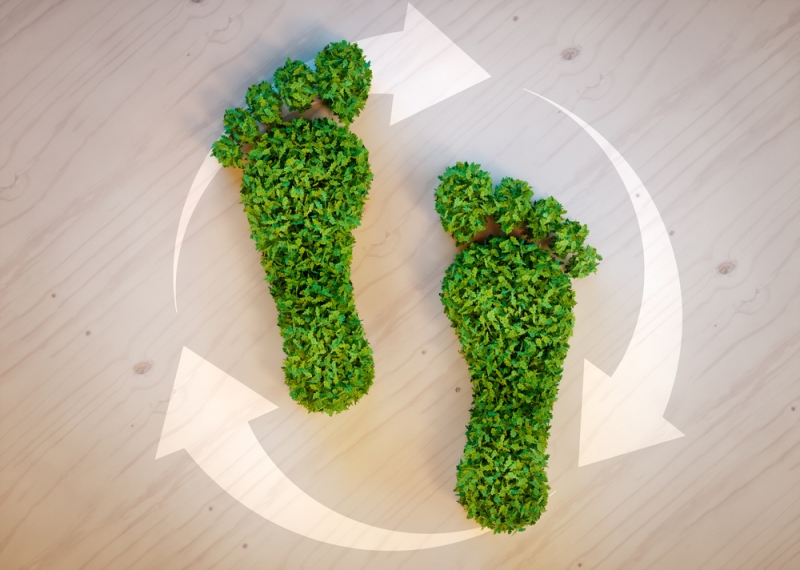We only get one planet Earth, so you would think we’d be careful with it. But, so far? Not so much, unfortunately. We’ve polluted our earth, used too many of its natural resources and, now, are changing the climate. The future for our planet — and, by extension, for us — may be a pretty dire one. But we can still do things to make changes.
Large polluters like companies and governments are important, of course, and no long-term environmental solution is possible unless we rein those in. But while you’re protesting and voting, don’t you want to do your own part, too? Here are four ways you can reduce your own personal environmental footprint.
Drive a more efficient vehicle
Vehicles are a big part of how we hurt our environment. In fact, vehicles are the single largest source of carbon pollution in the United States. That may not be surprising, considering just how vital cars are for more Americans: thanks to the way our population is distributed and the ways our roads and highways have defined our communities, going car-free isn’t a great option in our nation.
But you can get a better car. Take it from the pros at an award winning VW dealership: Modern cars can be extremely fuel-efficient (not to mention safe, luxurious, and a joy to drive — getting a new car doesn’t have to be a selfless environmental act!). A fuel-efficient vehicle will give you a cost-effective set of wheels (you’ll save money on gas, of course) while also helping you to feel great about the way your lifestyle affects our planet.
You could even look at vehicles that use alternative fuels, say the experts at SeQuential biodiesel. The future is here, and you can add “buying a sweet new ride” right alongside “public transit” and “carpooling” on the list of ways to cut down on carbon.
Fight back against “vampire power”
To save energy, you can and should turn your devices off. Once you do, you’re all set in that department — right?
Well, no, actually. Our nation wastes $19 billion in energy every year in so-called “vampire power.” Vampire power is the power that a device draws from an electrical socket even when that device is powered down.
So try this: Next time to you turn off a device, unplug it, too. That will ensure that you’re really limiting the device’s energy waste.
Eat less meat
You don’t have to be a vegetarian to have a moral reason to cut back on your meat-eating. In addition to moral concerns about animals, meat eaters should weigh the impact of their habit on the environment.
The meat industry is a huge contributor to carbon pollution. From the methane from cows to the fossil fuels burned by farm equipment and transportation, the meat industry is a very big deal to the climate.
So consider eating more veggies, even if you don’t want to cut meat out entirely. And when you do dine on meat — or anything else — try to eat local, because that will cut down on the pollution that comes with long-distance transportation.
Watch those appliances (and use them wisely)
Your appliances are very helpful, but they’re also big users of energy. The newer and more energy-efficient your appliances are, the smaller your carbon footprint will be.
And you may be using your appliances more than you need to. Make sure that you’re running washers and dishwashers with full loads. You can cut your dryer’s workload by line-drying more of your clothing and other washables.
But be smart! Skipping a dishwasher cycle to wash your own dishes, for instance, is a bad move: you’ll waste much more water (and, by extension, energy) doing things by hand.

